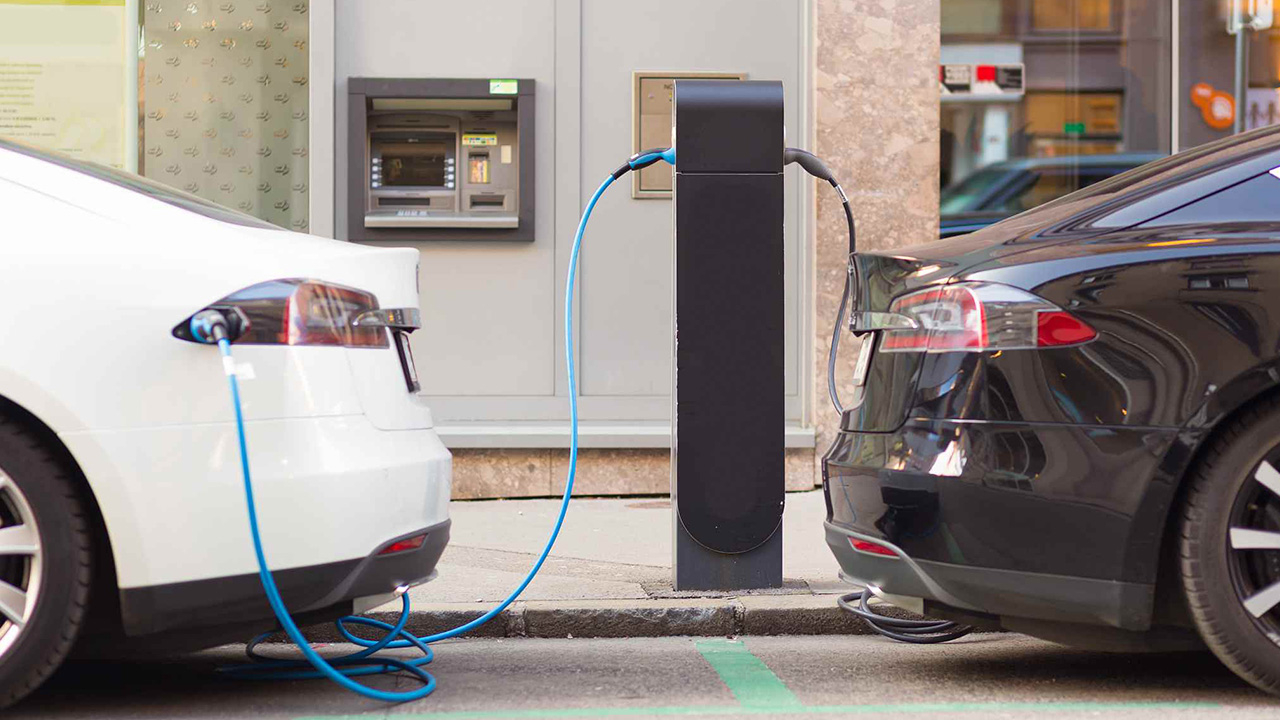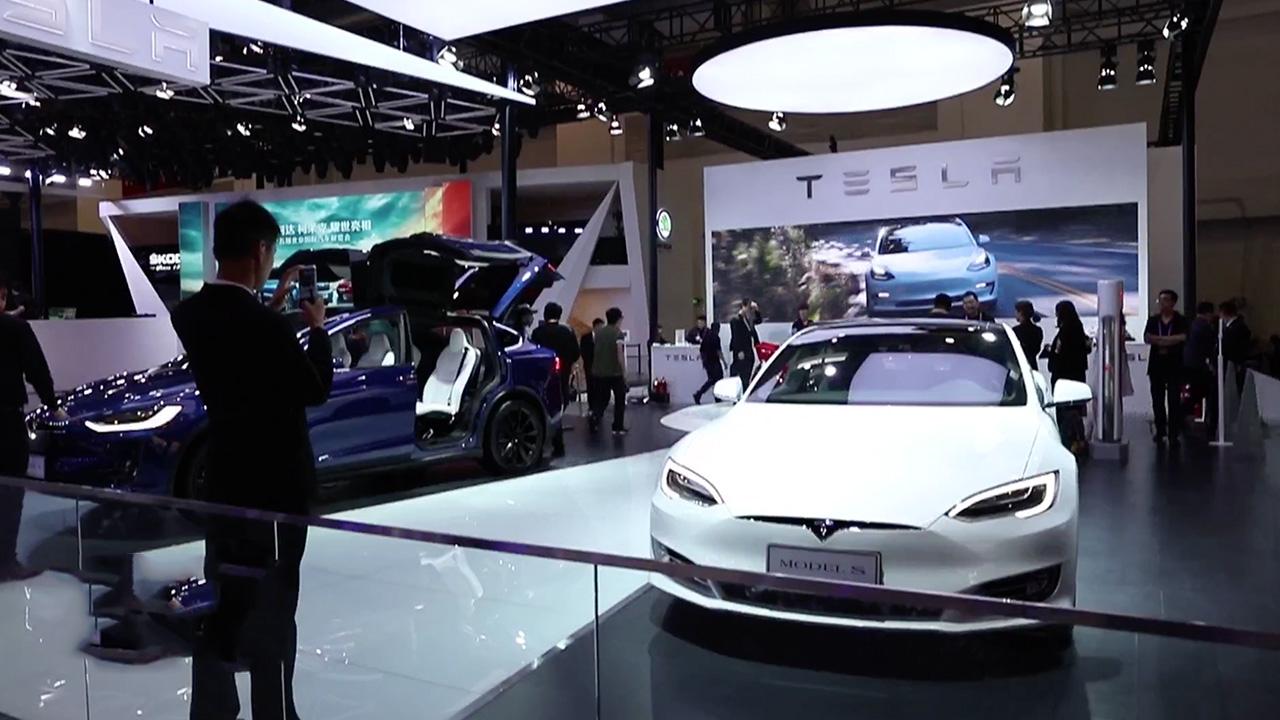
Business
21:55, 14-Jun-2018
A Plug-in in China's Electric Vehicle Market
By CGTN's New Money
00:59

Demand for electric vehicles is gaining traction here in China as the country aims to gradually take fossil fuel-powered vehicles off the road and sharpen its edge in EV technologies.
Sales of EVs hit a record high in 2017 as more cities implemented car plate lotteries to try to ease traffic jams and reduce carbon emissions.
Many EV factories were set up in 2017 so it will take time for their vehicles to hit the market.
However, the good news is that investors are generous in offering financial support for these ventures and patient in waiting for a turnover.
EV brands like Weltmeister and Byton are both Chinese EV brands that were set up not long ago. Founders of both companies have expertise and insight into the industry as they previously held top positions within established car companies Fiat and BMW. But still it is not an easy job to set up a brand and make it stand out.
02:19

The craze for electric vehicles does not necessarily ensure success for Chinese EV makers. Given that most established fossil fueled car brands like BMW, Benz and Volkswagen took almost a century to develop, it is reckless for new EV makers to claim success so prematurely.
03:08

Weltmeister aims to make its cars affordable to Chinese consumers while Byton targets the high-end market by taking EVs of BMW, Benz and Tesla as their rivals.
But whatever their market positioning, they have to do it quick. China has announced it will cut vehicle import taxes as a step in opening its market and China is also expected to abolish EV purchase subsides, which is the main reason that EVs can currently be sold at such a low price.
04:37


SITEMAP
Copyright © 2018 CGTN. Beijing ICP prepared NO.16065310-3
Copyright © 2018 CGTN. Beijing ICP prepared NO.16065310-3